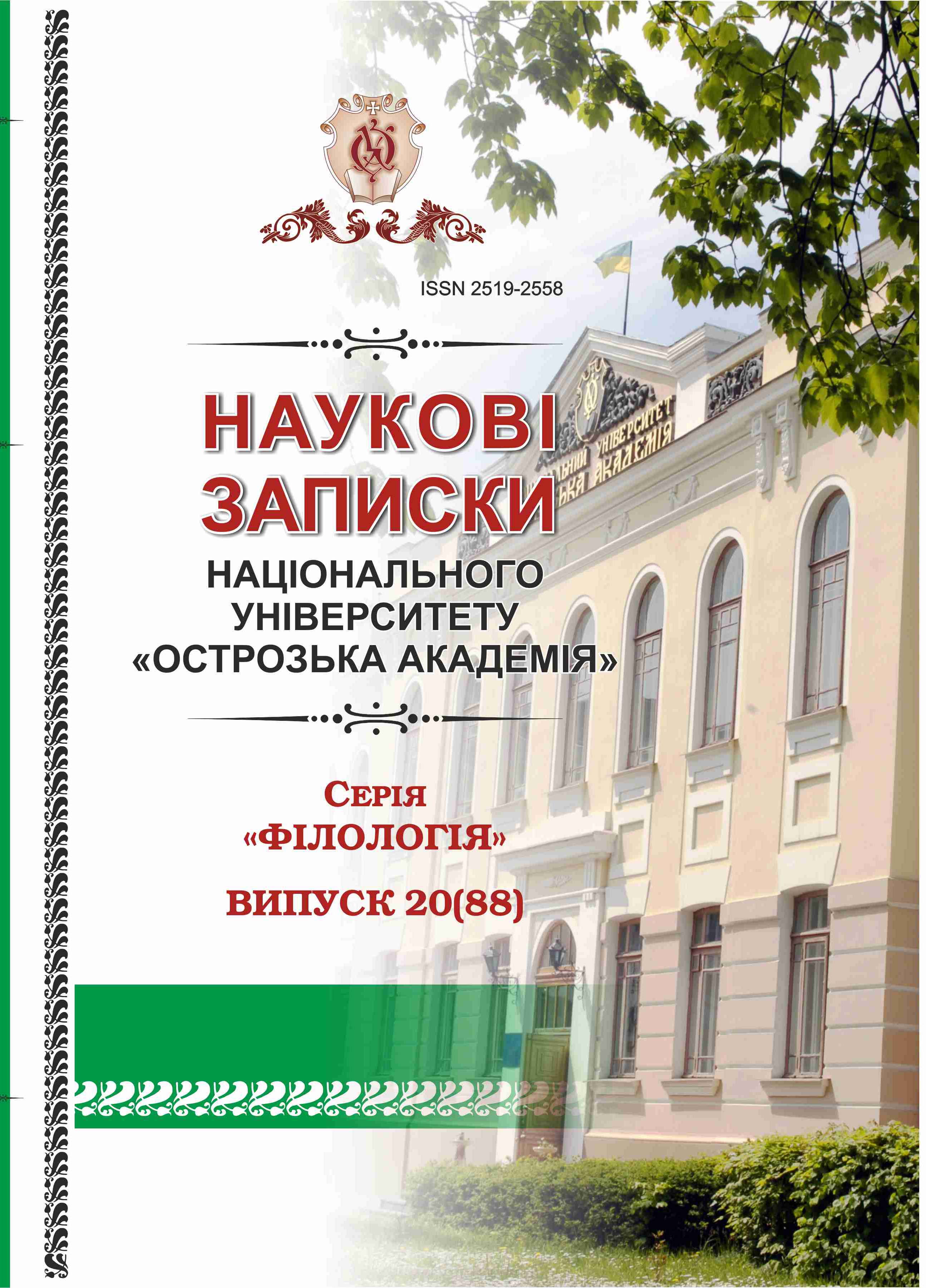THE IMPORTANCE AND NECESSITY OF THE DEVELOPMENT OF THE COMMUNICATIVE CULTURE OF ECONOMIC STUDENTS FOR THE FORMATION OF THEIR FUTURE FOREIGN LANGUAGE COMPETENCE
Keywords:
intercultural communication, higher school, economic education, foreign language, foreign language communication, professional activityAbstract
The article analyzes and researches the peculiarities of preparing students for future professional activities in the field of economics. The need to develop a number of competencies that would ensure a high level of communication in professional discourse was separately considered and emphasized. Given the problem of personality formation and the development of its internal potential for mastering the elements of foreign language intercultural communication and applying them in practice, the readiness of future specialists to work in an international environment is an urgent educational problem of the Ukrainian present. In the conditions of globalization, the role and requirements for the quality of mastering a foreign language have increased significantly, therefore, an important condition for the appearance on the labor market of a future qualified economist who is able to guarantee professional success and career growth is the formation of competencies necessary for successful work in an international environment. One of the key areas of training of certified specialists in the field of economics involves, in particular, the development of skills in successfully conducting an effective dialogue, knowledge of socio-cultural norms and traditions of other countries, etc. The article considers the importance of studying cultural aspects by students in Economics, which will contribute to the growth of their interest and motivation in learning a foreign language as such. It can be an introduction to literature, music, cinema, history and traditions of countries where this language is spoken. The most effective approaches to the training of specialists capable of fruitfully acting in a multicultural foreign language environment are also considered. The role and importance of understanding the diversity of cultures in the process of intercultural communication is substantiated, which helps specialists to be more open and flexible at their workplace.

